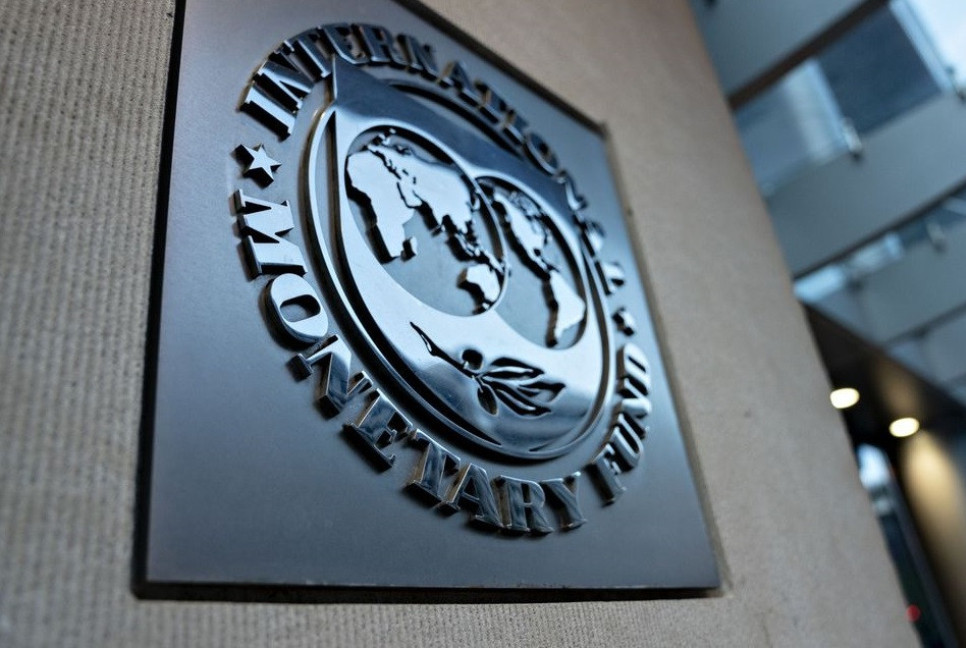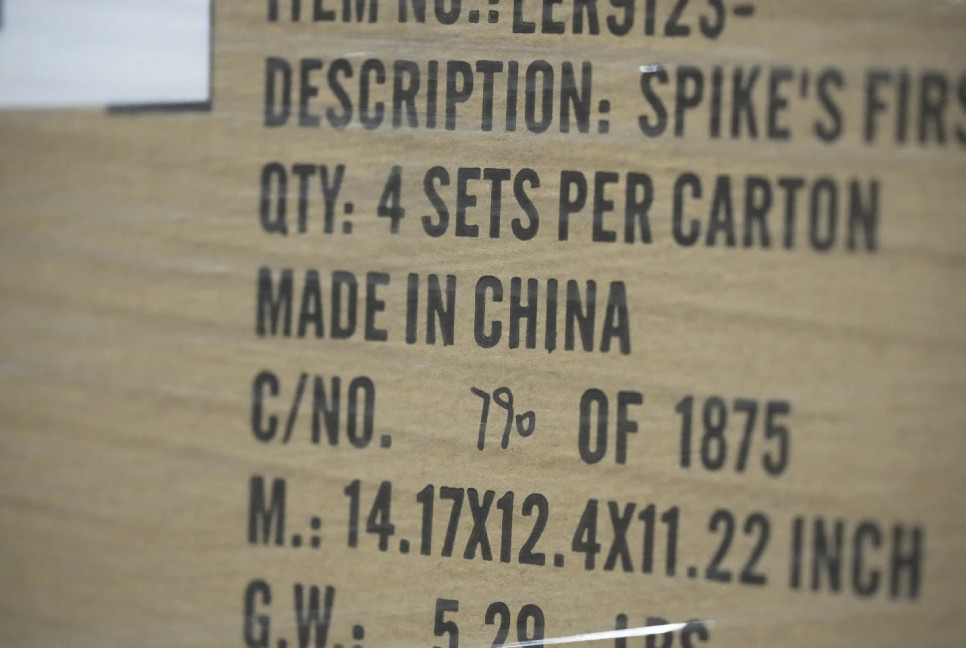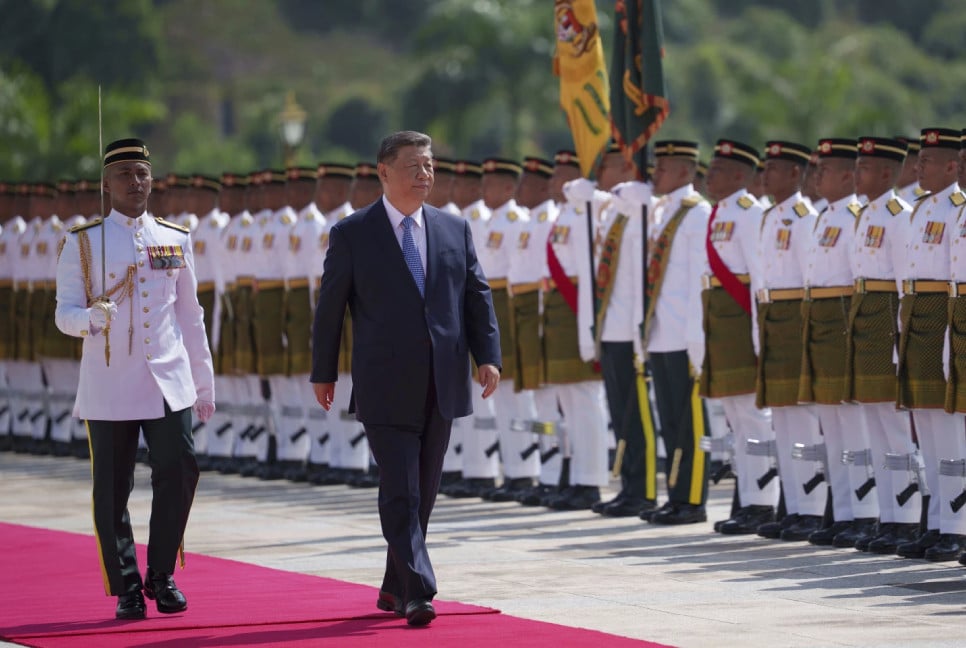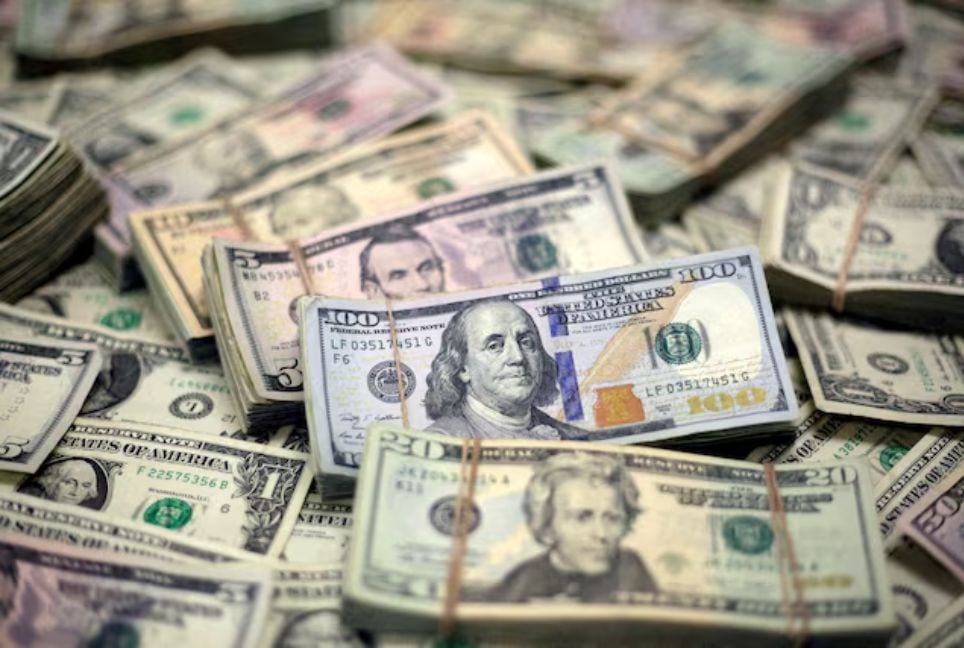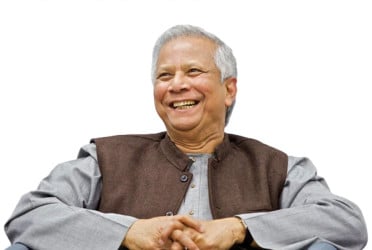China is planning to lower home-buying taxes as part of a broader push to support its struggling real estate sector, Bloomberg reports, as cited by Reuters on Tuesday.
A proposal under review would allow major cities, including Shanghai and Beijing, to reduce the deed tax for buyers to as low as one percent, down from the current rate of up to three percent, Bloomberg said, citing sources close to the discussions.
The real estate sector, a significant pillar of China’s economy accounting for roughly a quarter of GDP, has seen rapid growth for two decades. However, a prolonged housing slump has impacted economic growth, with China targeting around five percent growth for 2024.
In October, the government pledged over $500 billion in credit to support unfinished housing projects, aiming to stabilize the sector. In recent months, Beijing has also introduced measures to stimulate economic activity, including interest rate cuts and easing restrictions on home purchases.
Additionally, China recently announced an ambitious plan to relieve public debt pressures, allowing local governments to trade six trillion yuan ($840 billion) of hidden debt for official loans with better terms. The move, according to state broadcaster CCTV, would help local governments prioritize economic development and public welfare.
Amid escalating trade tensions following Donald Trump’s re-election, China's top economic planning body, the National Development and Reform Commission (NDRC), urged a stronger focus on domestic demand. Trump's proposed tariffs on Chinese goods could further strain China’s economy, which is already weighed down by weak consumption and a sluggish housing market.
“In the coming period, the domestic market's role in the economic cycle will become more prominent,” the NDRC stated in a commentary published in the Economic Daily, adding that boosting domestic demand is not only a strategic need but also a way to cushion the economy from external shocks and declining global demand.
Bd-pratidin English/ Jisan


